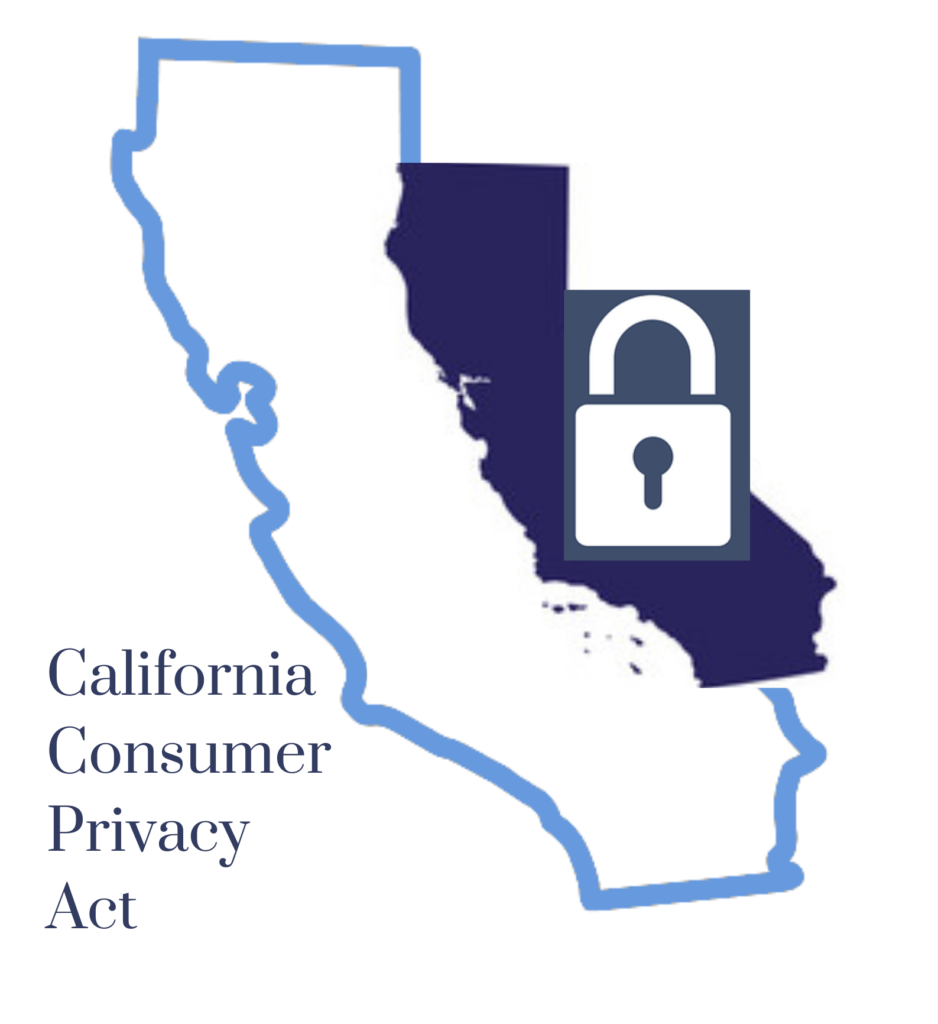
Earlier this month, the Federal Trade Commission (“FTC”) reached a settlement with Zoom Video Communications, Inc. (“Zoom”) regarding alleged misrepresentations related to its security program. The FTC alleged that Zoom misled users by “touting that it offered ‘end-to-end, 256-bit encryption’ to secure users’ communications, when in fact it provided a lower level of security.
As part of the settlement, Zoom must (1) ensure that its representations to consumers regarding its privacy and security practices are accurate, and (2) update its security practices with a comprehensive new program that includes vulnerability management, annual documentation of risks and new security safeguards such as multi-factor authentication.
The FTC’s regulatory action against Zoom highlights the need for all businesses to ensure that representations regarding privacy and security practices are accurate and implement enterprise-wide cybersecurity protocols that take the specific risks faced by an organization into account.



 On October 11, 2019, the chairman of the U.S. Commodity Futures Trading Commission (“CFTC”), the director of the Financial Crimes Enforcement Network (“FinCEN”), and the chairman of the U.S. Securities and Exchange Commission (“SEC”) issued a joint statement (the “Joint Statement”) to remind persons and entities engaged in activities involving digital assets of their Anti-Money Laundering Countering the Financing of Terrorism (“AML/CFT”) obligations under the Bank Secrecy Act (“BSA”).
On October 11, 2019, the chairman of the U.S. Commodity Futures Trading Commission (“CFTC”), the director of the Financial Crimes Enforcement Network (“FinCEN”), and the chairman of the U.S. Securities and Exchange Commission (“SEC”) issued a joint statement (the “Joint Statement”) to remind persons and entities engaged in activities involving digital assets of their Anti-Money Laundering Countering the Financing of Terrorism (“AML/CFT”) obligations under the Bank Secrecy Act (“BSA”). Earlier this month, California Attorney General (AG) Xavier Becerra released the draft regulations for the California Consumer Privacy Act (CCPA). The proposed rules, which set forth procedures for businesses covered under the CCPA to follow for compliance, should provide the framework for the final rules and give covered businesses a head start on updating their compliance policies. The rules can be found
Earlier this month, California Attorney General (AG) Xavier Becerra released the draft regulations for the California Consumer Privacy Act (CCPA). The proposed rules, which set forth procedures for businesses covered under the CCPA to follow for compliance, should provide the framework for the final rules and give covered businesses a head start on updating their compliance policies. The rules can be found  On October 9, 2019, the Centers for Medicare & Medicaid Services (CMS) of the Department of Health and Human Services (HHS) released its long-awaited Proposed Rule (Proposed Rule) updating and clarifying the physician self-referral (Stark Law) regulations, which was published in the Federal Register on October 17, 2019.
On October 9, 2019, the Centers for Medicare & Medicaid Services (CMS) of the Department of Health and Human Services (HHS) released its long-awaited Proposed Rule (Proposed Rule) updating and clarifying the physician self-referral (Stark Law) regulations, which was published in the Federal Register on October 17, 2019. In Eric Gilmore v. Turvo, Inc., C.A. No. 2019-0472-JRS, the Delaware Court of Chancery denied a director’s Motion to Compel seeking attorney-client privileged communications between Turvo Inc.’s (“Turvo”) Preferred Directors, officers, or employees and an outside law firm. The general rule in Delaware is that all directors are within the umbrella of privilege between the Board and its counsel and, as a result, a Delaware corporation cannot assert privilege to deny a director access to legal advice furnished to the board during the director’s tenure. The communications in question took place before the Board meeting where the Preferred Directors removed plaintiff as CEO and retained the outside law firm as counsel to the Board. Plaintiff argued that, even though the Board had longstanding counsel, the outside law firm’s advice was being furnished to the Board prior to the formal engagement of the outside law firm by Turvo and therefore Plaintiff was entitled to the communications. The Court disagreed, holding that there was no basis to conclude that outside counsel had been retained by the Board before the meeting because there had been no act by the Board to hire the firm before the meeting. The Court found that any advice provided by outside counsel prior to being engaged by Turvo was in connection with its representation of one specific Preferred Stockholder of Turvo and the director it had appointed. As a result, Plaintiff was an outsider to the relationship and had no right to pierce it.
In Eric Gilmore v. Turvo, Inc., C.A. No. 2019-0472-JRS, the Delaware Court of Chancery denied a director’s Motion to Compel seeking attorney-client privileged communications between Turvo Inc.’s (“Turvo”) Preferred Directors, officers, or employees and an outside law firm. The general rule in Delaware is that all directors are within the umbrella of privilege between the Board and its counsel and, as a result, a Delaware corporation cannot assert privilege to deny a director access to legal advice furnished to the board during the director’s tenure. The communications in question took place before the Board meeting where the Preferred Directors removed plaintiff as CEO and retained the outside law firm as counsel to the Board. Plaintiff argued that, even though the Board had longstanding counsel, the outside law firm’s advice was being furnished to the Board prior to the formal engagement of the outside law firm by Turvo and therefore Plaintiff was entitled to the communications. The Court disagreed, holding that there was no basis to conclude that outside counsel had been retained by the Board before the meeting because there had been no act by the Board to hire the firm before the meeting. The Court found that any advice provided by outside counsel prior to being engaged by Turvo was in connection with its representation of one specific Preferred Stockholder of Turvo and the director it had appointed. As a result, Plaintiff was an outsider to the relationship and had no right to pierce it. Wagner Hicks attorney Sean C. Wagner recently presented to a group of healthcare industry entrepreneurs at an event in Washington, D.C., during which he led a discussion on the importance of corporate formation, organization, and governance. During his presentation, Mr. Wagner highlighted common, preventable reasons for partnership disputes and the potentially disastrous consequences these disputes can have on otherwise successful businesses.
Wagner Hicks attorney Sean C. Wagner recently presented to a group of healthcare industry entrepreneurs at an event in Washington, D.C., during which he led a discussion on the importance of corporate formation, organization, and governance. During his presentation, Mr. Wagner highlighted common, preventable reasons for partnership disputes and the potentially disastrous consequences these disputes can have on otherwise successful businesses.
 On July 25, 2019, New York Governor Cuomo signed the Stop Hacks and Improve Electronic Data Security Act (SHIELD Act) into law. The law amends the existing data breach notification law and adds new cybersecurity requirements. The SHIELD Act takes effect in March 2020.
On July 25, 2019, New York Governor Cuomo signed the Stop Hacks and Improve Electronic Data Security Act (SHIELD Act) into law. The law amends the existing data breach notification law and adds new cybersecurity requirements. The SHIELD Act takes effect in March 2020.